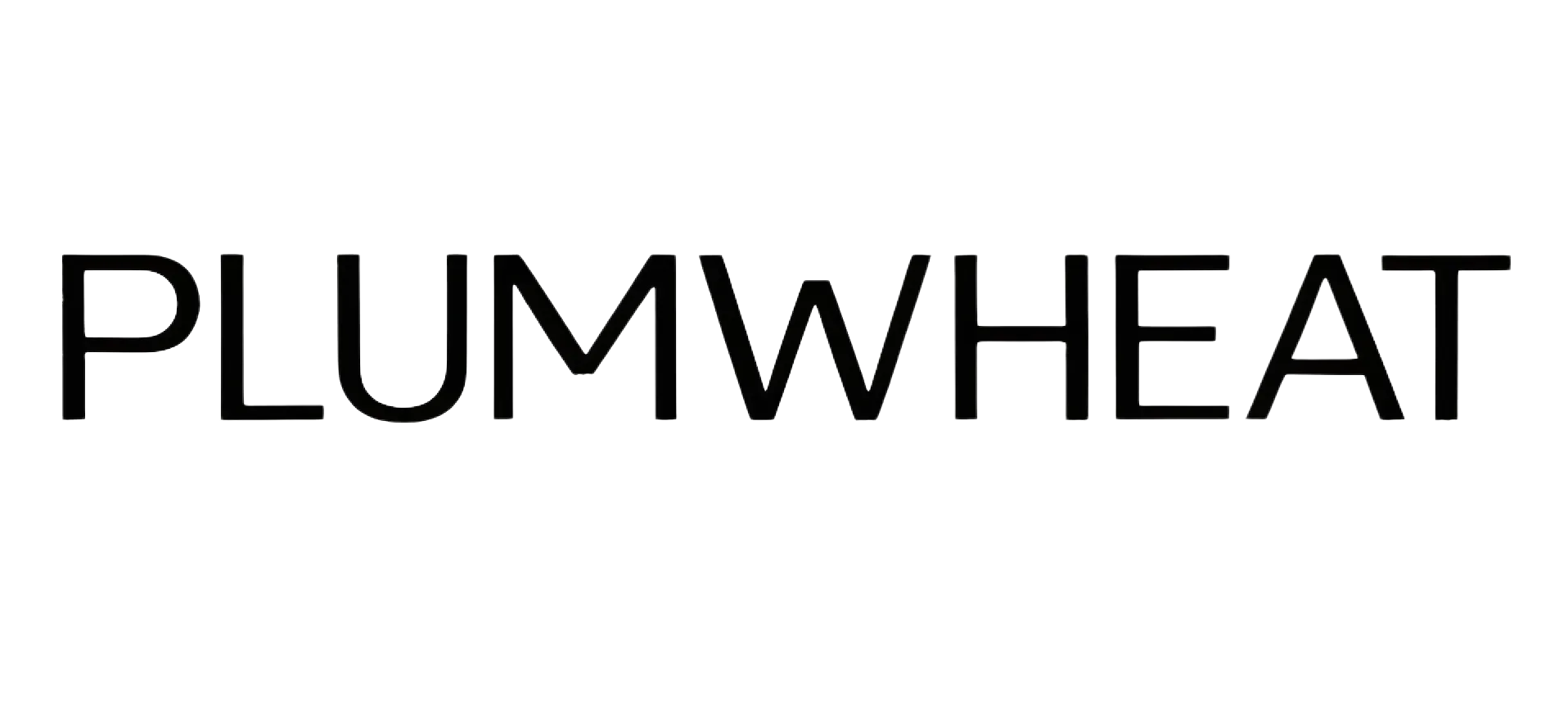When sourcing products from China, choosing between working directly with a manufacturer or a trading company involves significant trade-offs in transparency, cost, control, and flexibility. Based on industry practices and sourcing dynamics, here’s a detailed comparison:
🔍 1. Transparency & Supply Chain Control
- Manufacturer:
- Direct factory access: You know the exact production facility, enabling audits, quality checks, and relationship building.
- IP protection: Easier to enforce confidentiality agreements and control design specifications.
- Trading Company:
- Opaque sourcing: Typically hides the actual factory to prevent clients from bypassing them.
- Limited oversight: Hard to verify production conditions or labor standards without middleman interference.
💰 2. Cost Structure & Pricing
- Manufacturer:
- Lower prices: Avoid reseller markups (often 15–30% higher with trading companies).
- VAT leverage: Negotiate shared benefits from China’s 13% export tax rebate.
- Trading Company:
- Higher unit costs: Prices include service fees, logistics bundling, and profit margins.
- Hidden fees: Potential for unforeseen charges (e.g., “customization support fees”).
🛠️ 3. Customization & Flexibility
- Manufacturer:
- High adaptability: Directly collaborate on design tweaks, materials, or packaging (e.g., eco-friendly modifications).
- Prototyping support: Factories like Guangzhou Xianda Spectacles often offer R&D partnerships.
- Trading Company:
- Limited customization: Restricted to existing catalog items; struggles with bespoke requests (e.g., branded inserts for gift boxes).
- Standardized output: Focus on high-volume, generic products.
📦 4. Order Quantities & MOQs
- Manufacturer:
- Higher MOQs: Typically require larger orders (e.g., 1,000+ units) to justify production setup.
- Scalability: Better for long-term bulk procurement.
- Trading Company:
- Lower MOQs: Aggregate orders from multiple clients to meet factory minimums (e.g., 100 units).
- Stocked inventory: Faster shipping for ready-made goods.
🌐 5. Communication & Efficiency
- Manufacturer:
- Language/cultural barriers: May require bilingual agents or tech tools (e.g., diagrams for specs).
- Delayed responses: Factories prioritize large clients; SMEs face slower service.
- Trading Company:
- Streamlined communication: Dedicated English-speaking teams handle negotiations and QC.
- One-stop convenience: Bundles logistics, documentation, and inspections.
⚠️ 6. Risk Management
- Manufacturer:
- Quality inconsistency: Requires rigorous pre-shipment inspections (e.g., third-party SGS audits).
- Production delays: Direct exposure to factory bottlenecks or raw material shortages.
- Trading Company:
- Reduced accountability: Hard to enforce penalties for defects without direct factory contracts.
- Supply chain resilience: Can switch factories internally during disruptions (e.g., Yerron Elite Company).
